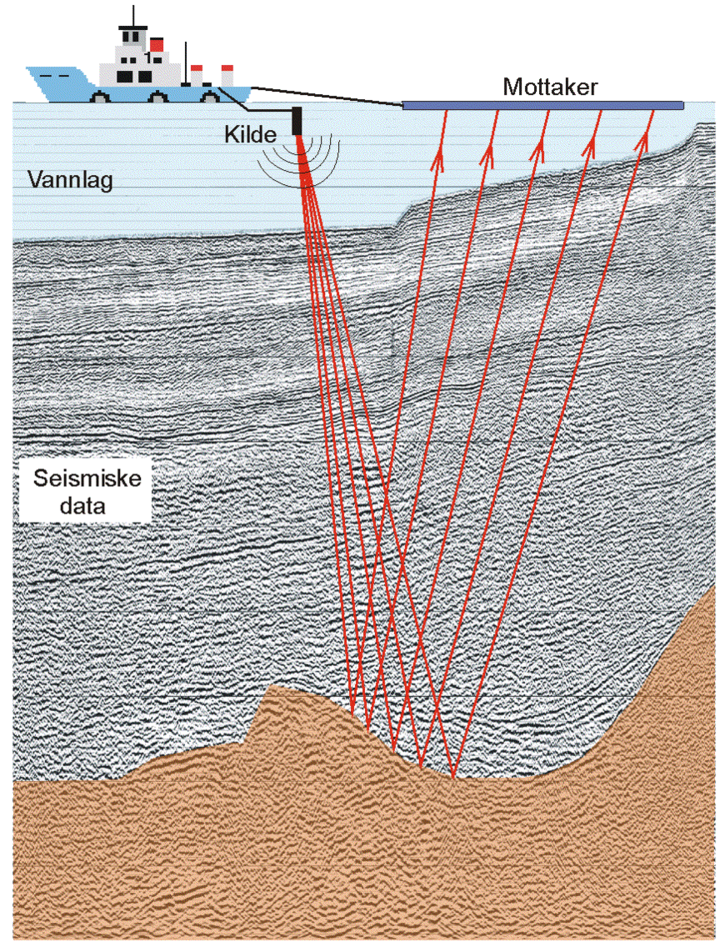All Categories
Featured
Table of Contents
Geophysicist - Job Role - Job Information in Watermans Bay Oz 2023
This work is progressively contracted out, so consultancies supply another source of employment. Consultancy firms vary in size, from very little business to large multinationals. Some consultancies are rather specialised in using particular geophysical techniques or operating in specific places, while others offer a more diverse series of services to their customers.
The extraction of gas from garbage dump websites is another area of work and this may grow in the future. Expedition companies might carry out work for construction firms, public utility, mining business and ecological firms, so geophysicists might be employed in any of these settings. Other employers consist of: geological surveysgovernment bodies and agenciesuniversities and research study institutes.


Jobs may be listed in the oil and gas sector press. Recruitment is affected by oil rate fluctuations and the level of competitors for positions differs depending on this. Careers Days, which cover the full range of geoscience careers and are usually participated in by a variety of key industry employers, are run by The Geological Society.
Geophysicist Education in Wembley Downs Aus 2023
Some of the large oil and gas companies offer a complete two-year structured training program across the breadth of geophysics, including the chance to experience operate in different groups before specialising in one area. Your training might consist of deal with: existing wellsmagnetic and gravitational potential field information analysisresearchrock analysis. However, it's more normal for your initial training to be provided on the job.

There might be a probationary duration throughout which you work alongside a knowledgeable colleague. Competency-based appraisals occur frequently in the majority of firms. In smaller sized companies, and for scholastic posts, there is not likely to be any official training - you'll be anticipated to begin work straightaway and get skills as you go along.
If you work for a smaller sized business, you may discover that you need to take responsibility for setting up and funding your own advancement and training. If you have a geology degree, membership of The Geological Society can be useful for networking and for keeping up to date with the industry.
Geophysical Survey And Investigations in Wellard Oz 2021
You might likewise find it helpful to join the PESGB (The Petroleum Exploration Society of Great Britain, which has a geophysics unique interest group. After a probationary duration, and once you've acquired some experience, you could advance to senior geophysicist, then team leader and then into a senior role in management.
The ease of movement in between roles depends upon the business structure. Research study at Masters or Ph, D level in a subject associated to geophysics or geosciences might help with your career advancement and development. The work market within the oil and gas industry is very reliant on rate and this might impact your chances for profession development.
For knowledgeable geophysicists, freelance consultancy uses an excellent route for career development. As a geophysicist, you're likely to have a number of tasks throughout your working life.
What's The Difference Between A Geotechnical And ... in Champion Aus 2021
From geophysics, it's possible to concentrate on seismology (finishing additional training to become a seismic interpreter) or to move into related areas such as engineering geology or threat forecast.
Choosing what to study in college is a difficult choice. Even if you understand that your field of interest lies in science, what program of study is right for you? If you make the decision to significant in physical and life sciences and pursue a career as a geophysicist, you're getting ready for an exciting and lucrative profession.
The first action to achieving your objective of ending up being a geophysicist is making a degree. Even for entry-level positions in the field of geoscience, you'll need a bachelor's degree (a geophysicist college degree) from an accredited college or university. Geophysicists should be able to: evaluate rocks, photos, and other pieces of information conduct research study both in the field and in labs develop maps and charts of their findings write reports To achieve all this, students need a specialized education for geophysicist careers.
As mentioned above, you'll require a bachelor's degree in geoscience or a related discipline, such as a physical science or a natural science, to land an entry-level job. Students can also prepare by majoring in topics like: Biology Chemistry Computer science Engineering Mathematics Physics The above geophysicist majors provide a more generalized technique to a single scientific discipline, however most programs need trainees to take one or more geology course.
Table of Contents
Latest Posts
What Are Geophysical Surveys & Why Do They Matter in Parkwood WA 2023
Geophysical Methods in Merriwa Western Australia 2021
Geophysicist: Job Description, Duties And Requirements in Western Australia 2022
More
Latest Posts
What Are Geophysical Surveys & Why Do They Matter in Parkwood WA 2023
Geophysical Methods in Merriwa Western Australia 2021
Geophysicist: Job Description, Duties And Requirements in Western Australia 2022